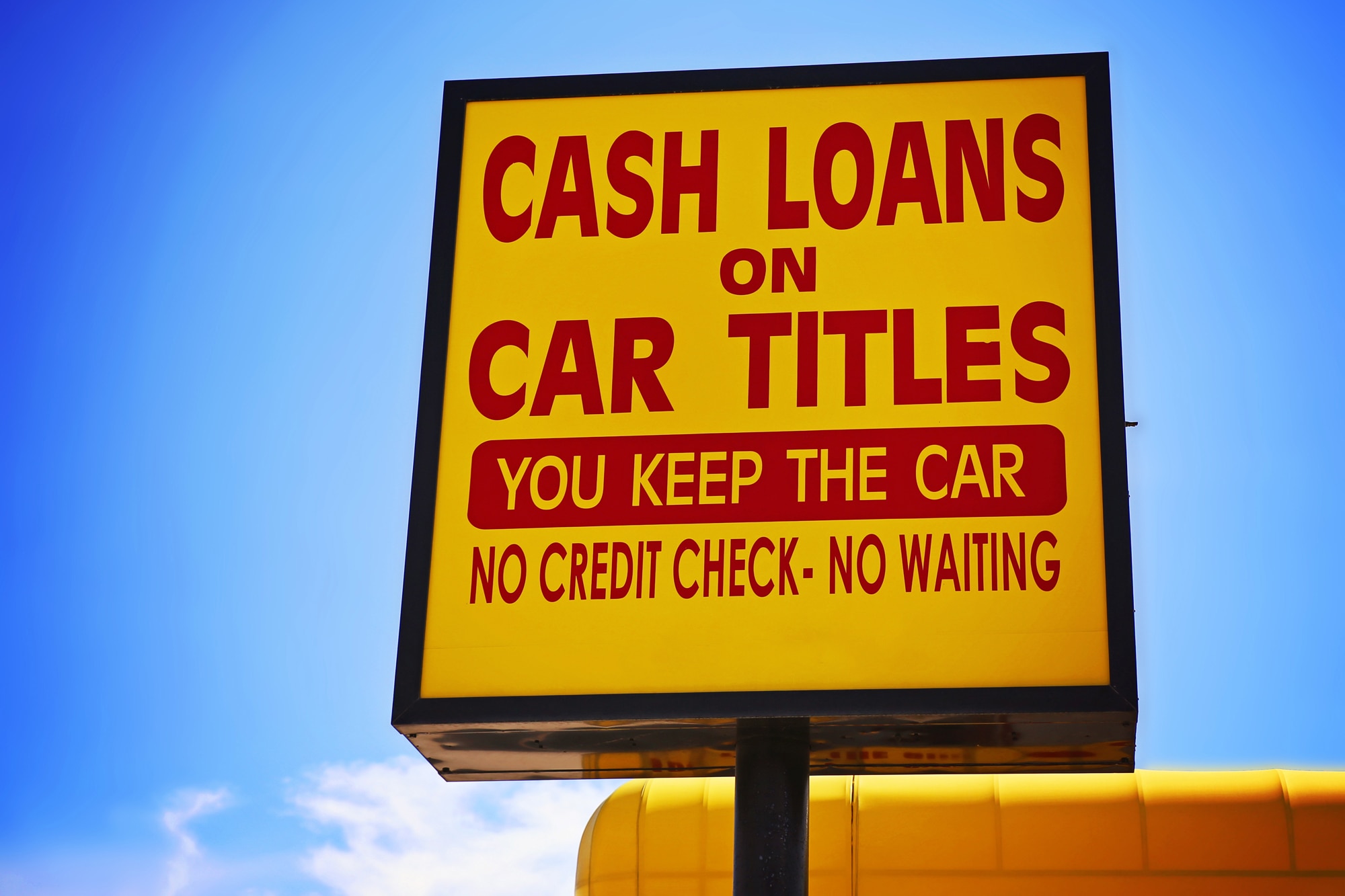What Are Car Title Loans: 4 Things To Know Before Applying
If you need cash fast, car title loans may offer you the help you need — at a cost.
 Adobe Stock
Adobe Stock
In need of quick cash? Your car might just provide the solution. While some borrowers may choose to take out personal loans or ask for help from friends and family, title loans offer a short-term solution for those in need of a little financial help.
Title loans can offer borrowers a quick way to leverage their vehicle's value for immediate cash. The costs associated with car title loans, however, as well as the inherent risks involved, can make them potentially dangerous for individuals who are unable to repay them on schedule.
Car Title Loans Explained
Car title loans are short-term, high-interest loans that let borrowers use their vehicle's title as collateral. These loans typically provide borrowers with a percentage ranging from 25 to 50% of their vehicle's value, and the repayment period for these loans is generally set at 30 days. In some states, borrowers have the option to roll over their remaining debt into a new loan — along with an additional monthly fee.
Title loans are not extremely common, with only a small percentage of consumers using them as a financing option. In fact, these loans are not legal in every state, and many have banned them due to high interest rates and concerns over consumer protections.
Title Loans Offer Fast Cash for a Price
Title loans allow you to utilize your car's value in exchange for immediate funds. However, it's important to note that car title loans typically charge an interest rate of 25% per month, which converts to about a 300% annual percentage rate.
These loans could also include documentation fees, processing fees, and other added costs that could ultimately raise the price of your loan. The accumulation of these fees can be significant, so it's crucial to understand your lender's terms to avoid feeling overwhelmed by the total cost.
Car Title Loans Don't Typically Require a Credit Check
If you don't have outstanding credit, car title loans may offer a way for you to get the money you need without undergoing a credit check. These loans typically don't require your credit information, as they are secured through your vehicle's title instead.
Many lenders will require you to own your vehicle outright. However, some lenders may be willing to provide financing if you've paid off a majority of your current auto loan. Typically, lenders will request your title, photo identification, and proof of insurance before offering you a loan. They may also want to see the vehicle and even require you to provide a duplicate set of keys.
Auto Title Loans Could Place Your Vehicle at Risk
While title loans may seem convenient, they are risky if you are unable to pay back your loan on time. Since you are using your vehicle as collateral to secure your loan, the lender may retain the right to repossess your car if you fail to make timely payments. Even if you've been making partial payments, your lender could have the authority to seize your car as payment if your loan terms aren't fulfilled.
To guarantee their ability to claim your car, some lenders may ask you to install a GPS or starter interrupt device to locate your vehicle and prevent you from driving to make repossession easier.
Borrowers Often Get Stuck in Debt Cycles With Title Loans
Since auto title loans are usually granted for a short, 30-day period, borrowers often resort to obtaining rollover loans. The issue with rolling over an auto title loan is that the interest adds up, alongside any additional fees.
According to a
As an example: You take out a loan for $1,000 at 25% for 30 days, you will owe $1,250 at the end of that term. However, if you are unable to repay the loan and opt for a rollover, you would then owe an additional 25% plus fees. With each rollover of the loan, your initial costs could become larger and larger, leading to an accumulation of debt that could cost you the ownership of your vehicle.
Written by humans.
Edited by humans.
 Elliot Rieth
Elliot RiethElliot Rieth is a writer who was born and raised in Michigan, the center of the American automotive industry. With a background in the industry that spans from sales to digital marketing, Elliot has years of experience working directly with dealers and OEMs to create digital content and educate potential customers. When Elliot isn’t writing about horsepower or EVs, he can be found with his two greyhounds enjoying a new book or record.
Related articles
View more related articles